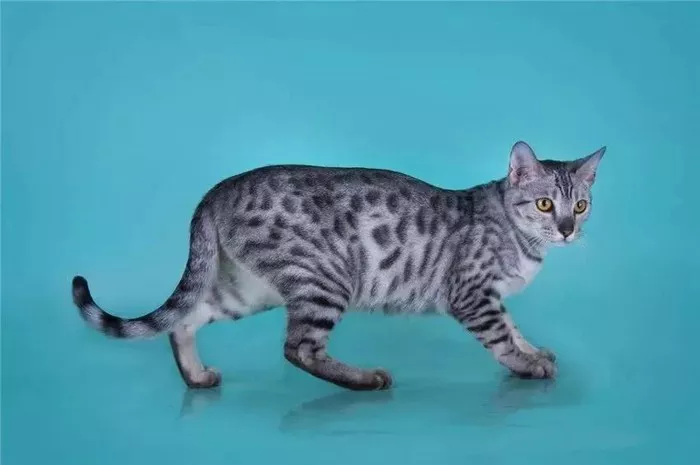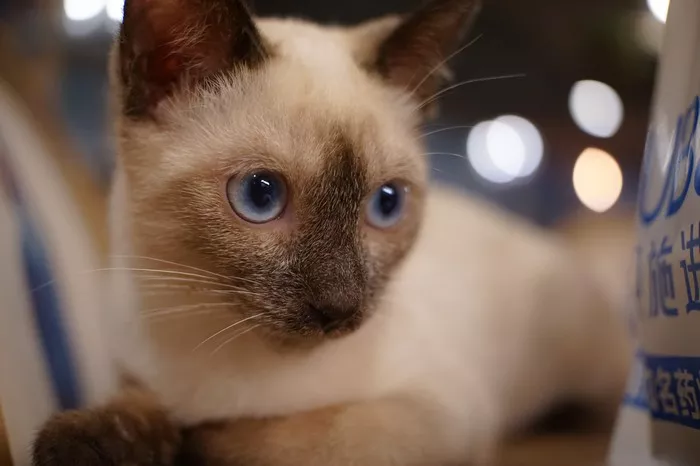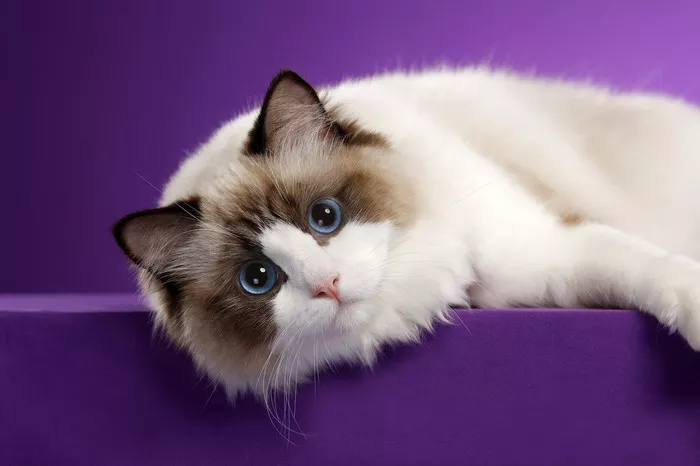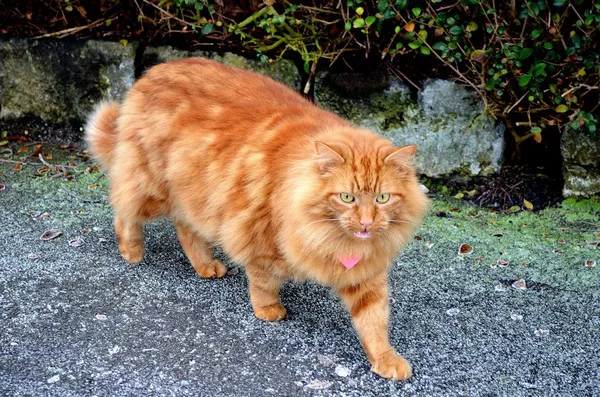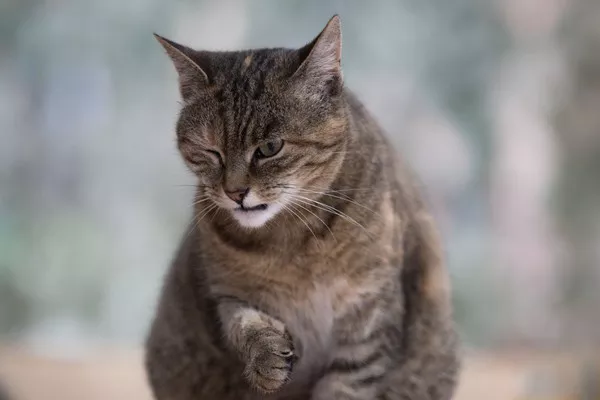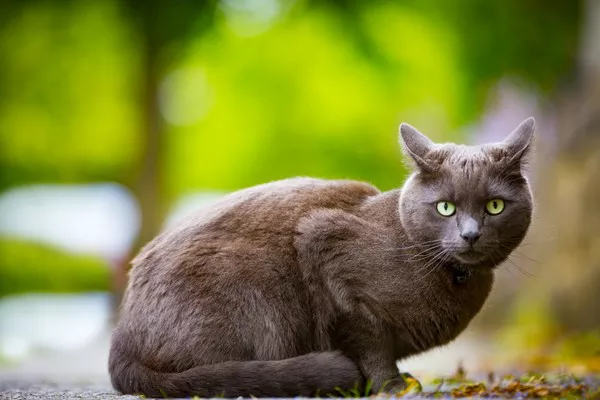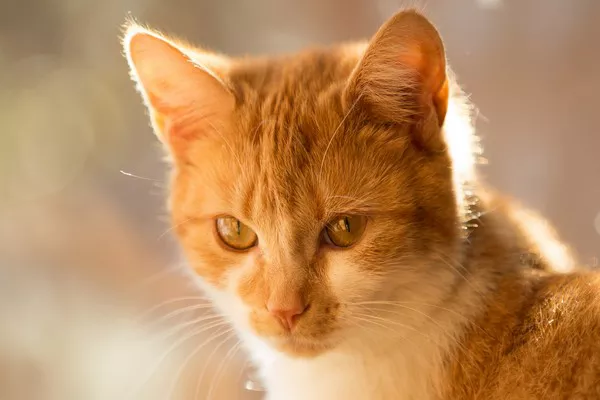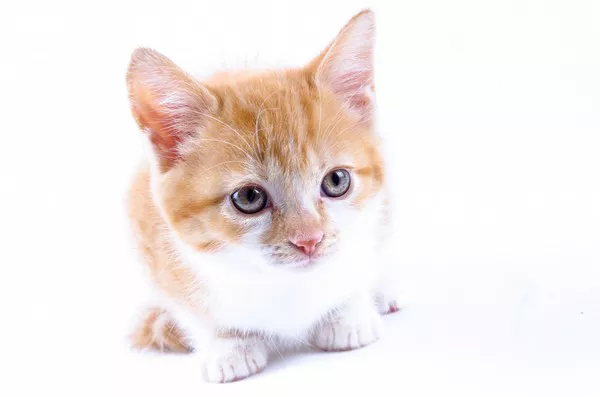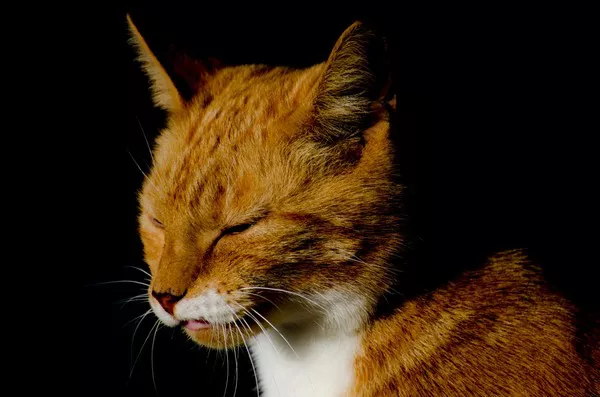Bengal cats are captivating and energetic companions that require specific care to ensure their well-being and happiness. As an owner, providing proper care for your Bengal cat is essential to foster a strong bond and maintain their overall health. In this article, we will explore essential aspects of Bengal cat care and offer tips and recommendations to create a nurturing environment for your feline friend.
Provide a Safe and Stimulating Environment:
Bengal cats are active and curious by nature, so creating a safe and enriching environment is crucial. Consider the following:
Provide vertical spaces: Bengal cats enjoy climbing, so offer cat trees, shelves, or perches to satisfy their climbing instincts.
Interactive toys: Engage their hunting instincts with interactive toys, puzzle feeders, and toys that simulate prey movement.
Scratching posts: Offer sturdy scratching posts or boards to satisfy their natural urge to scratch and stretch.
Balanced Diet and Hydration:
Maintaining a healthy diet is vital for your Bengal cat’s overall well-being. Consider the following dietary recommendations:
High-quality cat food: Choose premium cat food that meets their nutritional needs. Look for protein-rich options that contain essential nutrients and avoid fillers or artificial additives.
Adequate hydration: Provide fresh water at all times and consider using water fountains, as some cats prefer running water.
Regular Grooming:
Grooming is an important part of Bengal cat care to maintain their coat and overall hygiene. Follow these grooming tips:
Brushing: Bengal cats have short to medium-length fur that benefits from regular brushing to remove loose hair and prevent matting. Use a soft-bristle brush or a grooming mitt to keep their coat in good condition.
Nail care: Trim their nails regularly to prevent them from becoming too sharp or causing damage. Use proper cat nail clippers or seek assistance from a veterinarian or professional groomer if needed.
Dental care: Establish a dental care routine by brushing your Bengal cat’s teeth regularly to prevent dental diseases. Use cat-friendly toothpaste and a soft toothbrush designed for cats.
Regular Veterinary Care:
Routine veterinary care is essential for maintaining your Bengal cat’s health. Consider the following:
Vaccinations: Ensure your cat is up to date on vaccinations as recommended by your veterinarian.
Preventive treatments: Administer preventive treatments for fleas, ticks, and parasites as prescribed by your veterinarian.
Annual check-ups: Schedule regular wellness visits with your veterinarian for comprehensive examinations, dental evaluations, and early detection of any health issues.
Exercise and Mental Stimulation:
Bengal cats are known for their high energy levels and intelligence. Engage them with the following:
Playtime: Dedicate interactive play sessions with toys such as feather wands, puzzle toys, or balls to keep them physically and mentally stimulated.
Environmental enrichment: Provide opportunities for exploration, such as hiding spots, tunnels, and interactive toys that encourage mental engagement.
Love and Social Interaction:
Bengal cats thrive on social interaction and bond strongly with their owners. Ensure they receive:
Quality time: Spend dedicated one-on-one time with your Bengal cat, offering affection, play, and gentle grooming sessions.
Environmental companionship: Consider adopting a compatible feline companion to provide social interaction and companionship, especially when you are not available.
Conclusion:
Caring for a Bengal cat involves providing a stimulating environment, a balanced diet, regular grooming, veterinary care, exercise, and social interaction. By following these tips and recommendations, you can ensure that your Bengal cat thrives and enjoys a happy, healthy, and fulfilling life as your beloved companion. Remember, each cat is unique, so pay attention to their individual needs and consult with a veterinarian for personalized advice and guidance.

